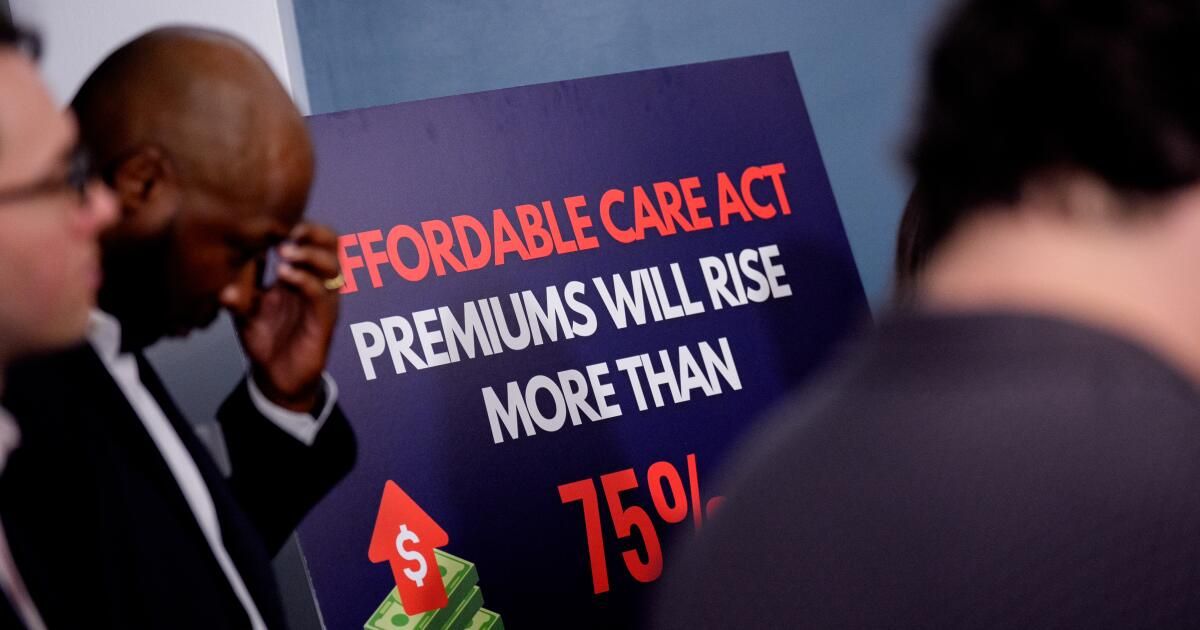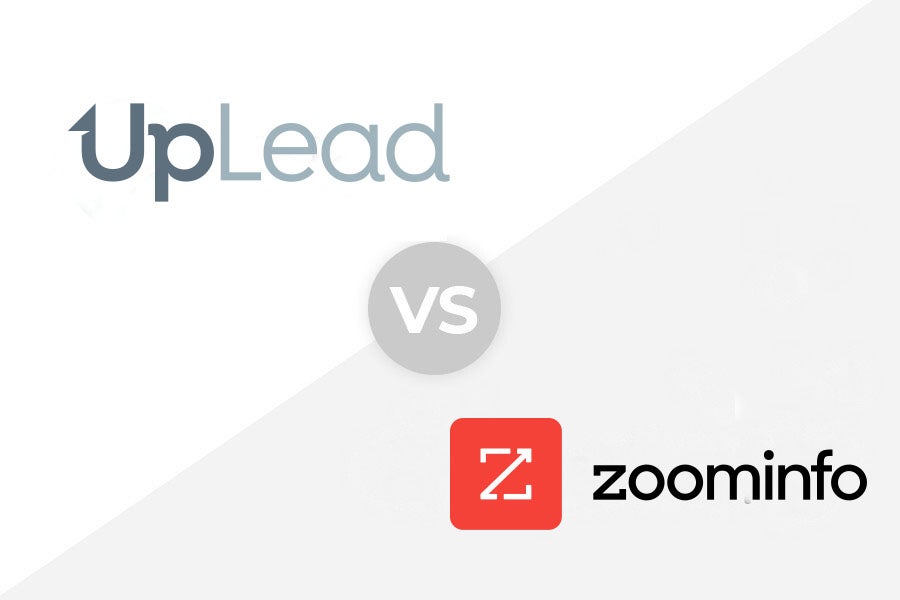To the editor: Guest contributor Kim-Lien Nguyen dusts off a tired and roundly refuted libertarian solution to our healthcare financing crisis, arguing that giving money to consumers directly instead of to private insurers will somehow magically “empower” them to “make their own healthcare decisions and take advantage of their own self-interest” (“Subsidizing insurance only reinforces dysfunction. Instead, it empowers consumers.” November 20). This assumes that healthcare operates as an ideal free market and that consumers and patients know everything about the product they are purchasing when, in reality, the opposite is true.
Does a patient with chest pain that could be a heart attack really have time to study and decide which ambulance and emergency service they would like to go to from a cost point of view? The same can be said for all major medical problems. And the amount of money that would be given directly to consumers will never cover the costs of care.
What is needed is what all other high-income countries are doing, which are delivering better outcomes and lower costs than the United States: a unified universal system of public insurance, perhaps “Medicare for All.”
Nguyen also maintains that “we do not have to settle for a controlled deterioration of our health system.” But that is exactly what is needed for our system funding to facilitate the transition to a non-profit public insurance system, much like a “managed decline” in our dependence on fossil fuels.
Steve Tarzynski, Santa Monica
This writer is the former president of the nonprofit advocacy group California Physicians Alliance.
..
To the editor: The author suggests that giving the money directly to people would allow them to purchase their own health insurance plan or pay for medical care directly. The problem is: how much insurance can $2,000 (or whatever amount) buy? Or, if you pay directly for medical care, what happens if you need surgery or another type of hospitalization? Neither of these solutions is really the answer.
What insurance companies don't want Americans to know is that the best (and only) solution is single-payer healthcare. Interestingly, 32 of the 33 industrialized countries have been able to make universal healthcare work (the United States is the only one still dependent on insurance companies).
So let's explore the real answer. Get the middleman out of the way. See how Europe does it and how to make it better for Americans. We will also save money.
Ritch Barron, Cathedral City
..
To the editor: Nguyen's op-ed was intriguing and made me think. Unfortunately, there were no facts or studies to support the opinion. The proposals seem like good ideas, but is there any evidence or experience that they work anywhere?
I would also like to point out that the whole idea depends on the transparency of prices for medical services. That alone would be a huge improvement, one that providers would fight tooth and nail against. Let's see that happen and then we can talk about empowering citizens to make informed decisions.
Michael Snare, San Diego
..
To the editor: When one of Dr. Nguyen's patients needs coronary bypass surgery and the patient tells you he only has $1,500 in his health savings account, are you going to say, “Come back to me after you've taken out a bank loan to cover the rest of the cost”?
June Ailin Sewell, Marina del Rey












